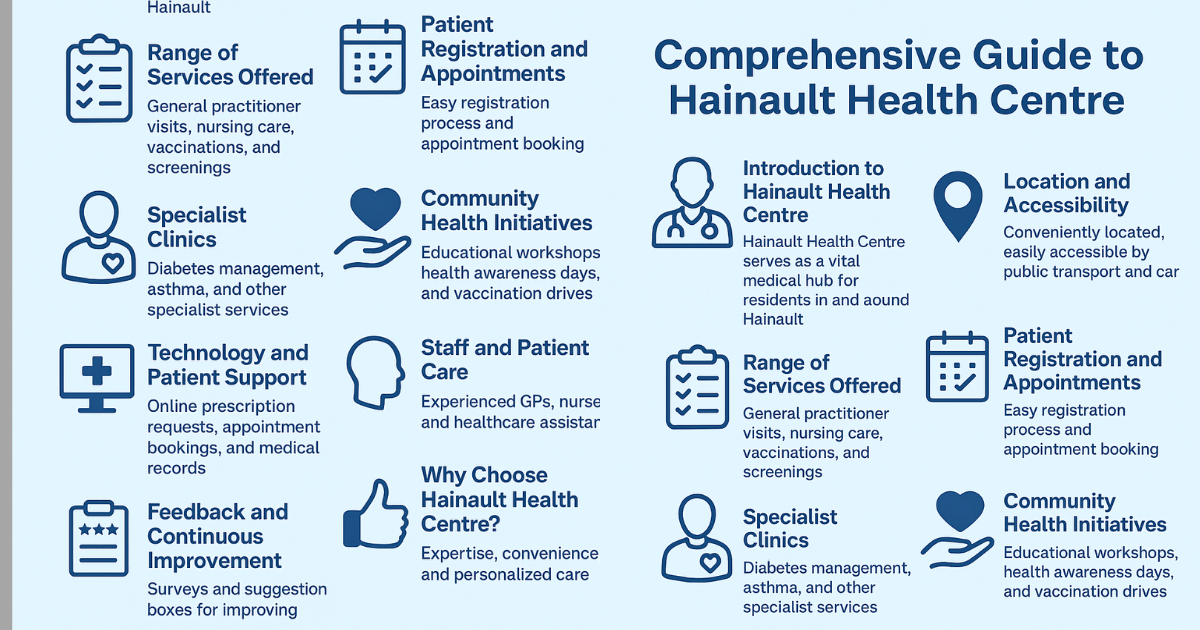Introduction
As the year comes to a close, December 2025 brings a number of key changes to UK driving laws. These new regulations are aimed at improving road safety, supporting sustainable transport, and enhancing regulatory enforcement. From updated fuel reimbursement rates to smart tachograph requirements and changes in EV policies, the new laws will impact a wide range of drivers, from company car users to logistics professionals and private motorists.
This article offers a detailed overview of all the significant December driving law changes UK motorists need to be aware of. Whether you’re an individual driver, a business owner, or part of a logistics operation, it’s vital to stay informed and understand how these laws could affect your day-to-day driving and future planning.
1. Advisory Fuel Rates Adjustment
Effective from 1 December 2025, HMRC is revising the Advisory Fuel Rates (AFRs) used for reimbursing employees who drive company cars. These rates will see reductions across most fuel types. Petrol vehicles under 1,400cc, for instance, will have a lower pence-per-mile reimbursement rate, while diesel and hybrid vehicle rates will also change accordingly. Electric vehicles will remain at the existing rate, but businesses using hybrids must apply the appropriate petrol or diesel rates.
These changes are designed to better reflect real-world fuel costs, but they may impact budgeting for employees who rely on mileage claims. Employers will need to update internal systems and consider whether alternative vehicle types or travel policies would be more cost-effective in light of the new figures.
2. Smart Tachograph 2 Becomes Mandatory
From 31 December 2025, operators of heavy goods vehicles (HGVs) involved in international journeys must install the latest version of the smart tachograph. This device is designed to monitor driving hours, breaks, and vehicle location more accurately, with enhanced security features that help prevent tampering and misuse.
This is a significant update aimed at increasing road safety and ensuring fair working conditions across the transport sector. Operators who fail to comply with this requirement could face penalties, delays, and reputational harm. Fleet managers should act quickly to install or retrofit the appropriate devices in all affected vehicles before the year ends.
3. New Rules for EV Charging Stations
Starting in December 2025, all newly installed electric vehicle (EV) chargers of 8 kW or higher, as well as existing chargers rated 50 kW or more, must support contactless payment and meet a minimum uptime reliability of 99%. Non-compliance could lead to substantial fines for operators.
These changes aim to create a more seamless and accessible EV charging experience for motorists. With EV ownership on the rise, infrastructure must match public expectations for convenience, reliability, and fairness. The legislation will encourage better maintenance and smarter design from operators across the UK.
4. EV Exemption Removed from London Congestion Charge
From 25 December 2025, fully electric vehicles (EVs) and hydrogen fuel cell vehicles will no longer be exempt from paying the London Congestion Charge. While the charge isn’t enforced between Christmas and New Year, this change will practically come into effect from 2 January 2026.
This decision reflects changing attitudes toward congestion and pollution, aiming to treat all vehicles equally in terms of space usage. EV owners who have enjoyed exemption benefits will now need to reassess their travel habits and budgets. It may also prompt reconsideration of commuting methods, such as public transport or active travel alternatives.
5. Proposed Mandatory Sight Tests for Older Drivers
There is a new proposal being considered that would require drivers over the age of 70 to pass a certified eyesight test every three years when renewing their licence. This would replace the current system, which relies on self-declaration.
Supporters believe that implementing mandatory vision checks could help reduce accidents involving older drivers, while critics warn of unnecessary bureaucracy and potential discrimination. If implemented, the rule could form part of the broader December driving law changes UK strategy to improve road safety for all age groups.
6. Stricter Drink-Drive Limits Under Review
Policymakers are currently reviewing a reduction in the legal drink-drive limit in England and Wales to match Scotland’s stricter threshold. This would lower the breath alcohol limit significantly, possibly making even a single drink a legal risk for drivers.
If adopted in December or early 2026, the new limits could shift public behaviour around alcohol and driving. Enforcement agencies would likely run awareness campaigns and increase roadside testing. The ultimate goal is to reduce fatalities and promote a more cautious culture around drink-driving.
7. On-the-Spot Saliva Testing for Drug Driving
Another proposed law would allow police to perform roadside saliva tests to detect drug use among drivers. This would complement or replace the current procedures that rely heavily on lab-based blood tests or subjective assessments.
The introduction of this technology would modernise drug-driving enforcement, potentially leading to more immediate arrests and fewer legal loopholes. Police forces would need new training and equipment, while drivers would face increased scrutiny for any use of controlled substances.
8. Stronger Penalties for Seatbelt Offences
Seatbelt law enforcement may also get stricter. Under new proposals, both drivers and passengers who fail to wear seatbelts could face fines and penalty points. Currently, in many cases, only drivers are penalised for non-compliant passengers.
This change aims to increase accountability and reduce injuries in accidents. All vehicle occupants would share equal responsibility for safety, which may help to further normalise seatbelt use across all demographics and settings, including short, low-speed trips.
9. Uninsured Driving Crackdown
A new crackdown is being considered on uninsured driving, one of the most persistent offences on UK roads. Proposed penalties include unlimited fines and automatic disqualification, designed to act as a strong deterrent.
For law-abiding motorists, this may bring peace of mind, knowing enforcement is tightening. For offenders, the message is clear: driving without insurance will no longer be treated lightly, and repeat offenders could face severe consequences.
10. AI-Based Traffic Enforcement Expansion
Artificial intelligence may soon play a much larger role in traffic enforcement. AI cameras capable of identifying drivers using mobile phones, or not wearing seatbelts, are being tested across various locations. Depending on the success of these trials, broader deployment could begin as early as December 2025.
These systems promise faster, more consistent enforcement without the need for constant police presence. However, privacy and accuracy concerns must be addressed before full implementation. Public consultations and regulatory adjustments will likely follow.
Conclusion
The December driving law changes UK brings into force a wide range of new measures designed to reshape the motoring landscape. From changes in fuel reimbursement to the end of EV congestion exemptions and the rollout of smart tachographs, drivers and businesses alike must stay up to date. Safety enhancements—from eyesight testing to AI camera enforcement—signal a shift toward data-driven and preventative policy.
Understanding these changes is essential for staying legal, safe, and financially prepared. Whether you’re a daily commuter, a business operator, or a fleet manager, December 2025 may mark one of the most significant months in recent UK motoring history.
Also Read: uk blogs new at internet chicks





